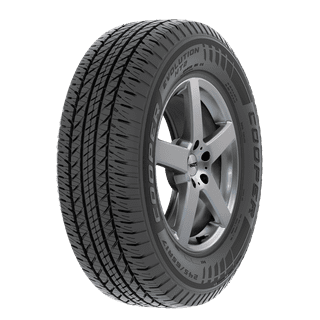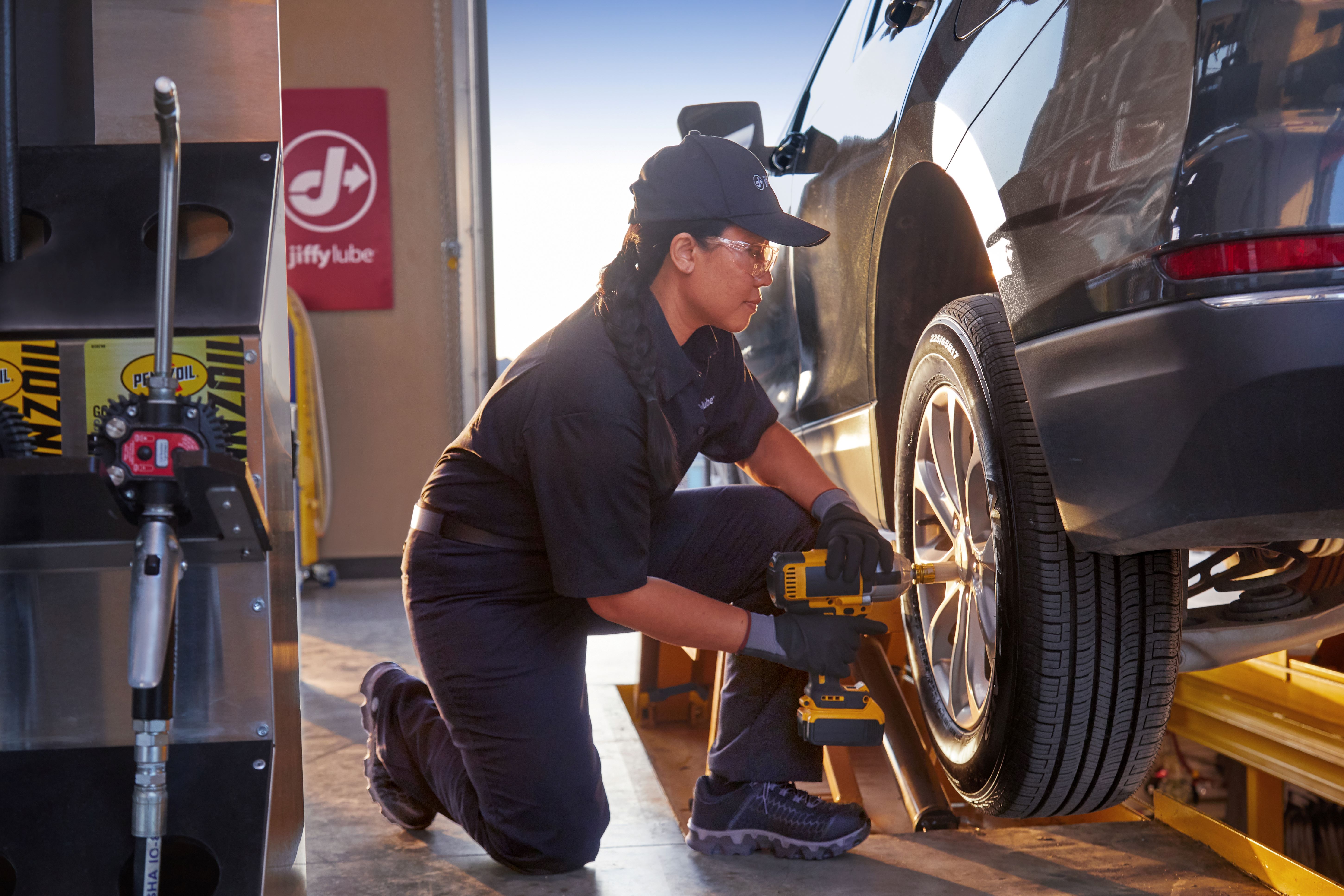Morris Tire and Alignment: Your Trusted Resource for Reliable Service
Tire Service: Comprehending Tire Stress Monitoring Solutions
Recognizing Tire Stress Monitoring Systems (TPMS) is an important element of preserving optimum car performance and safety on the road. With advancements in auto technology, TPMS has come to be a basic attribute in modern cars, giving real-time info on tire stress levels.

Relevance of TPMS
The relevance of Tire Stress Monitoring Equipments (TPMS) depends on their capacity to boost car safety and security and performance via real-time monitoring of tire stress levels. Preserving the right tire stress is crucial for ensuring optimal handling, stopping, and overall security of a vehicle. TPMS supplies vehicle drivers with prompt comments on any kind of overinflated or underinflated tires, enabling for prompt adjustments to be made.
Elements of TPMS
Sensing units are commonly located in the tire valve stem or connected to the wheel assembly, where they determine tire stress and transmit information to the control module. Some advanced TPMS designs likewise show the real tire pressure analyses for each tire, supplying drivers with real-time info to guarantee ideal tire performance and safety and security. By keeping track of tire pressure constantly, TPMS aids prevent mishaps, decreases tire wear, and boosts gas performance, making it an essential component for vehicle safety and security and performance. mopar tire service specials.
Types of TPMS

On the other hand, indirect TPMS counts on the vehicle's wheel rate sensing units to keep an eye on tire pressure. This system identifies underinflation by comparing the rotational speeds of the wheels. Indirect TPMS is much less expensive than direct TPMS, as it makes use of existing sensing units within the lorry.
While straight TPMS supplies more exact readings, indirect TPMS is simpler in layout and usually requires less upkeep. Both systems have their advantages and constraints, and the choice in between them commonly depends upon aspects such as expense, vehicle make, and personal choice. Comprehending the differences between these two kinds of TPMS can help vehicle owners make informed choices relating to tire maintenance and safety.
TPMS Maintenance Tips
Conduct regular checks on the tire stress levels and compare them with the TPMS readings to guarantee they are regular. Throughout tire rotation or replacement, make sure that the TPMS components are handled carefully to avoid any type of potential damage. If the TPMS warning light brightens on the dashboard, resolve the problem quickly by examining the tire pressures and the overall system for any kind of mistakes.
Benefits of Appropriate Tire Pressure
Maintaining correct tire pressure, as stressed in TPMS Get More Information Upkeep Tips, is crucial for enjoying the numerous advantages linked with optimum tire stress levels. One of the primary benefits of preserving the proper tire stress is enhanced fuel effectiveness. When tires are appropriately inflated, there is less moving resistance, causing much better fuel economic situation. In addition, appropriate tire pressure makes certain also tire wear, page prolonging the life expectancy of the tires and promoting more secure driving problems. With the appropriate tire stress, lorries additionally have far better handling and traction, especially in adverse weather. This can boost total driving performance and security for the driver and passengers. Maintaining optimal tire stress can add to a smoother and much more comfortable ride by decreasing resonances and sound created by underinflated tires. Finally, the benefits of proper tire stress surpass simply tire durability; they include enhanced gas effectiveness, improved safety and security, far better vehicle efficiency, and overall driving convenience.
Verdict
In conclusion, understanding tire pressure surveillance systems (TPMS) is click for more vital for maintaining ideal tire pressure and making sure vehicle safety and security. By acknowledging the importance of TPMS, knowing with its parts, understanding the various types offered, sticking to proper upkeep pointers, and realizing the advantages of preserving proper tire pressure, vehicle drivers can enhance their driving experience and extend the life-span of their tires. Appropriate tire stress is key to efficient and risk-free vehicle operation.
